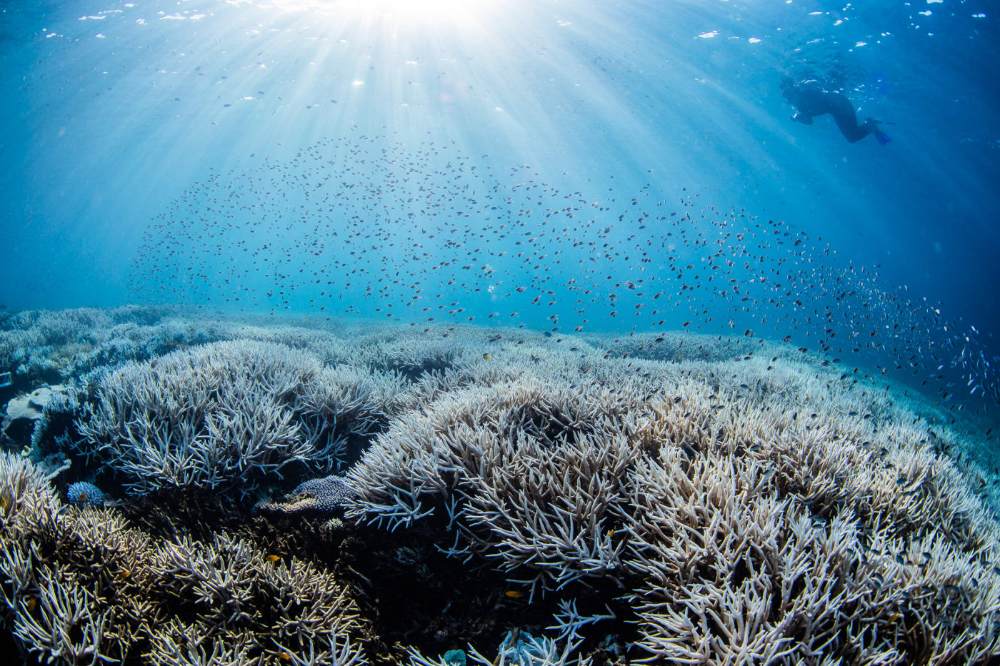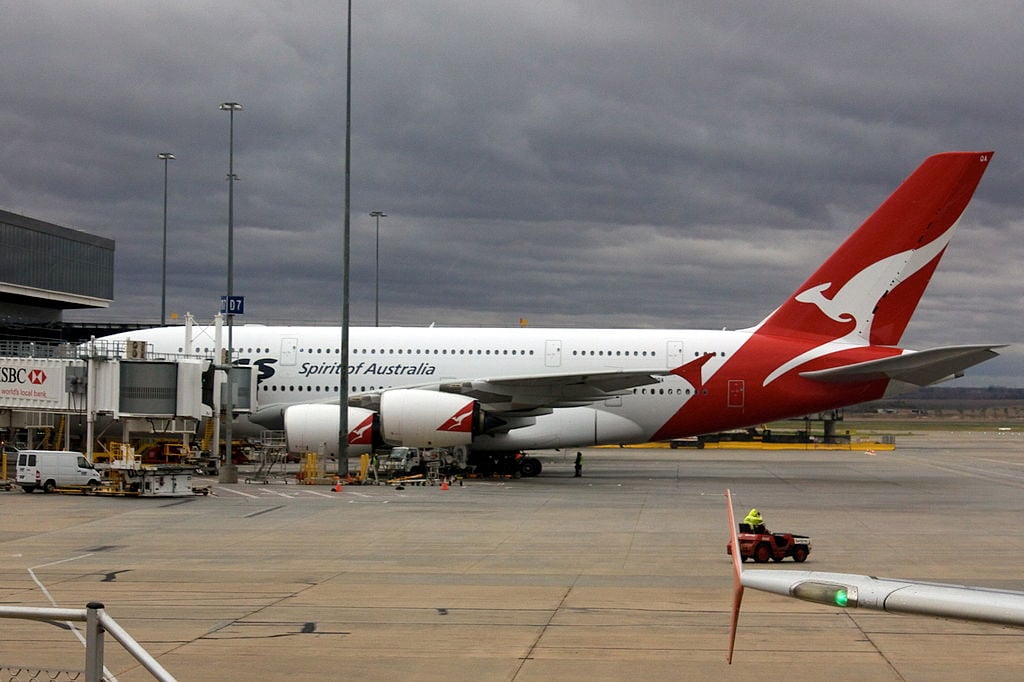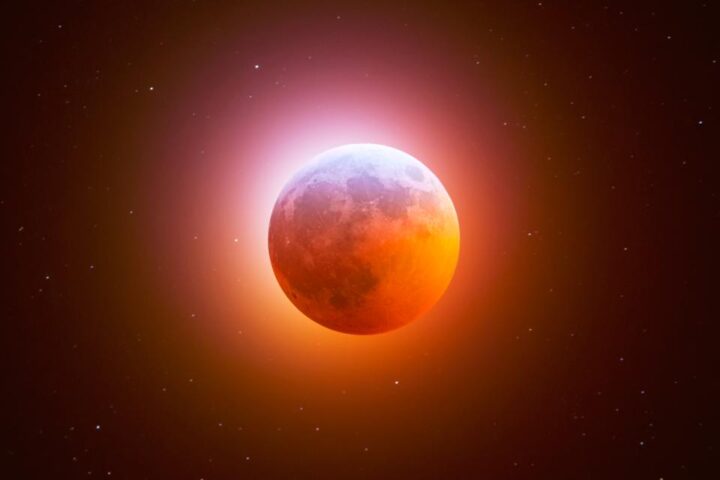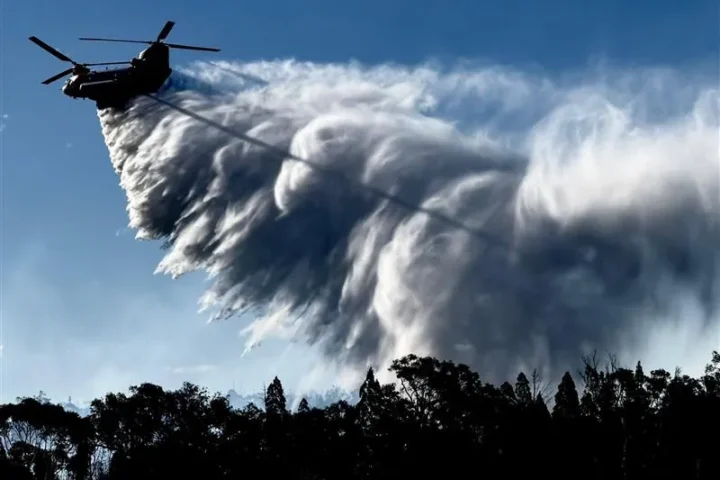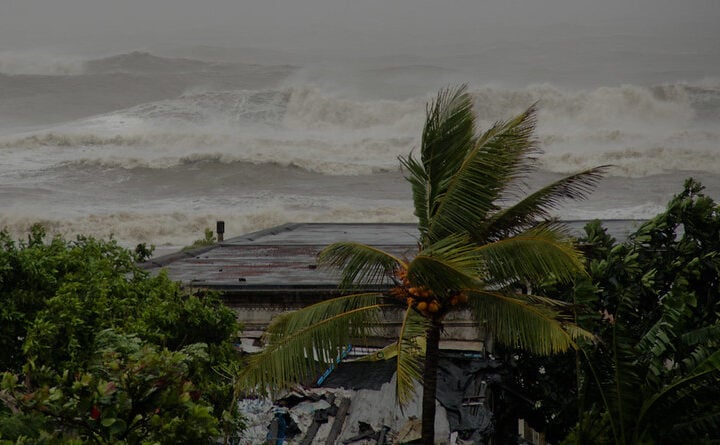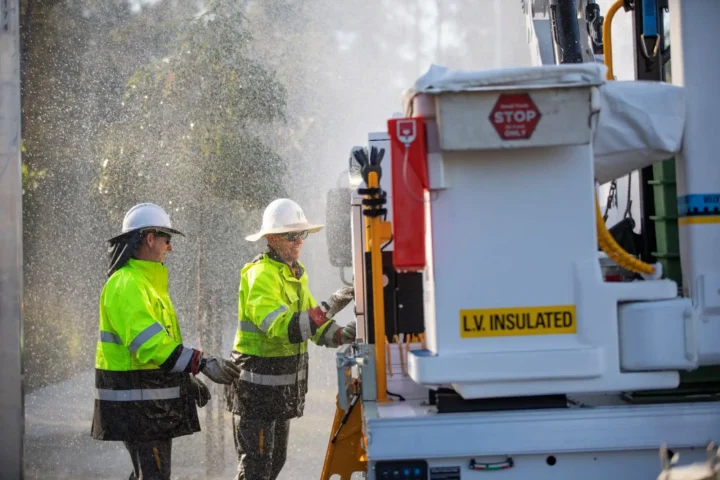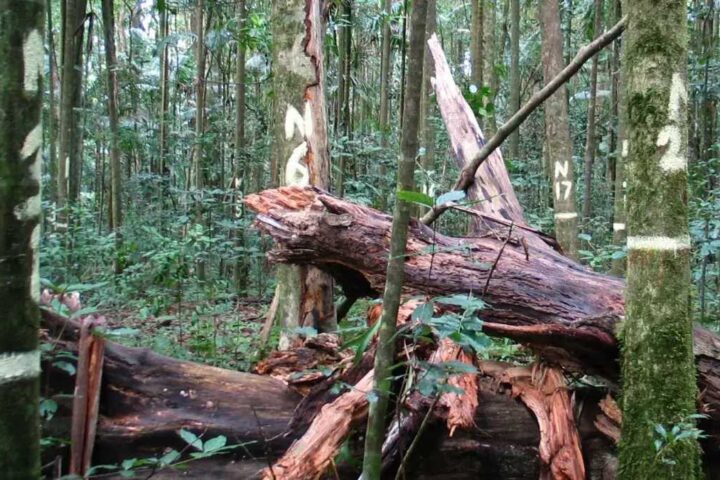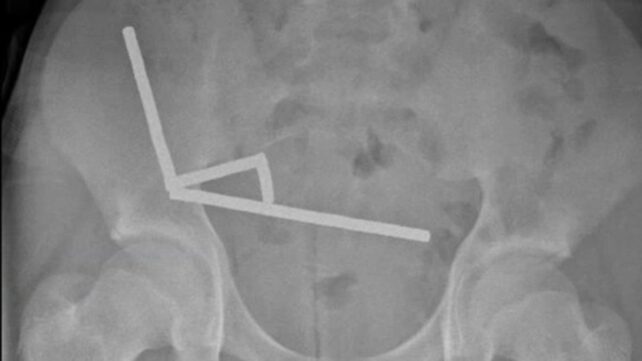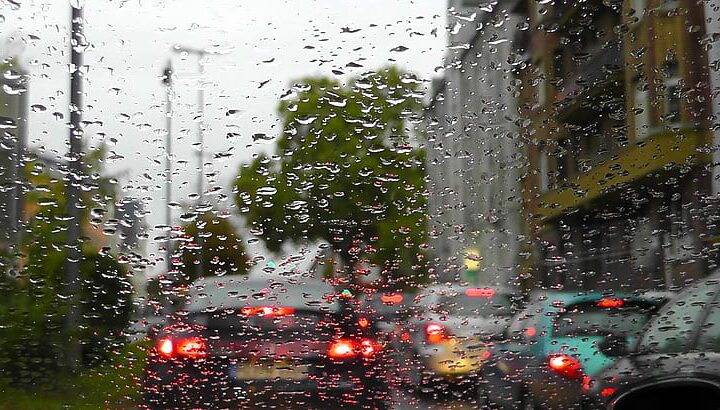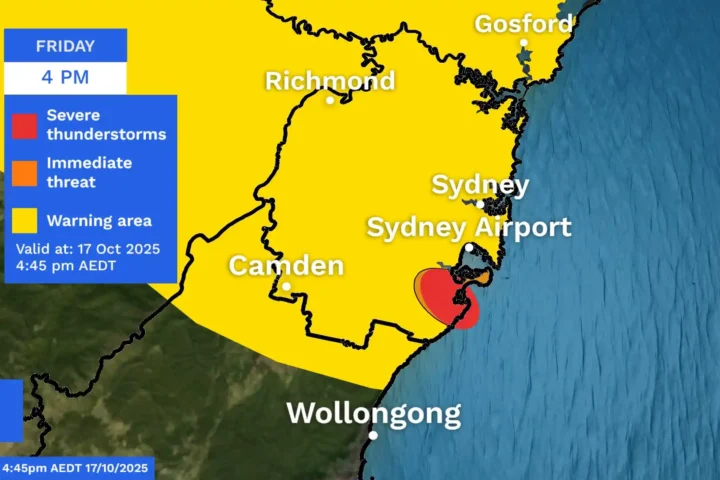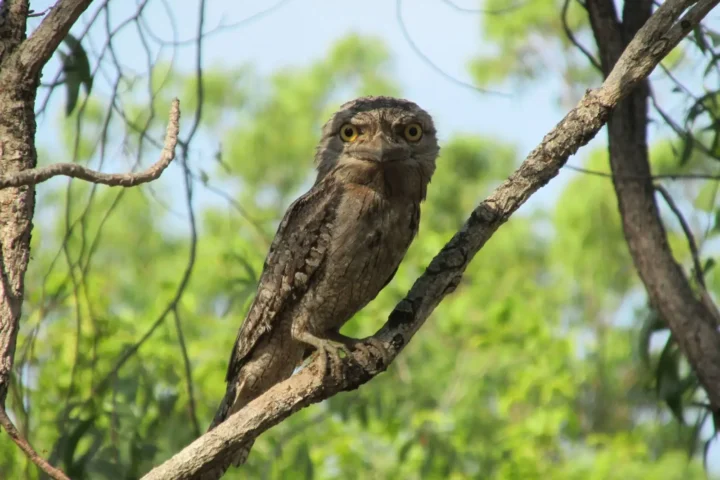The Great Barrier Reef could be declared “World Heritage in Danger” by mid-2026, as UNESCO’s World Heritage Committee sets a deadline for Australia to prove it’s doing enough to protect this natural wonder. Climate change stands as the primary threat, with the reef experiencing an unprecedented eight mass coral bleaching events since 1998.
“The outlook for the Reef remains one of continued deterioration due largely to climate change,” states the World Heritage Committee in its recent assessment. This sobering conclusion comes despite Australia’s significant conservation efforts.
The reef has suffered bleaching events in 1998, 2002, 2016, 2017, 2020, 2022, 2024, and 2025. These increasingly frequent marine heatwaves have reduced shallow water coral cover by as much as 50%. Recent research from the University of Sydney revealed that over half of surveyed coral colonies at One Tree Island died from heat stress following the 2023-2024 marine heatwave. Even more alarming, studies at Lizard Island documented 92% coral mortality – one of the highest rates ever recorded globally.
Richard Leck, WWF-Australia Head of Oceans, highlighted the severity: “We’ve had six mass bleaching events on the Great Barrier Reef in the past decade. The impacts of heat stress on the Reef are far more severe than UNESCO itself predicted.”
UNESCO’s primary concerns include Australia’s climate policies. The World Heritage Committee has called for Australia to set a more ambitious climate target consistent with limiting global temperature increases to 1.5°C. This would require Australia to reduce emissions by at least 90% by 2035 and reach net zero before 2040 – targets significantly more aggressive than Australia’s current commitment of 43% reduction by 2030.
“Mr Albanese has an opportunity to be the first Australian Prime Minister to set a climate target to give our Reef a fighting chance,” said Dermot O’Gorman, CEO of WWF-Australia.
Beyond climate change, water quality remains a major concern. Poor water quality from agricultural runoff containing nutrients and pesticides significantly reduces the reef’s resilience. Despite some improvements toward 2025 targets, progress has been slow. The Committee has ordered Australia to make “a drastic shift” in its water quality programs.
Fishery management also requires improvement, with UNESCO calling for the entire reef to be gillnet-free by mid-2027 at the latest. The Committee noted that hammerhead sharks need immediate protection as “no-take” species.
Similar Posts
Australia and Queensland have committed more than $5 billion from 2014 to 2030 for reef protection through the Reef 2050 Long-Term Sustainability Plan. This includes efforts to help the reef adapt to climate change, improve water quality, better protect marine life, and reduce impacts from fishing activities.
Scientists and conservation groups are working on innovative solutions. The Reef Restoration and Adaptation Program – the world’s largest marine research program – has deployed over 8 million baby corals onto degraded reefs. Researchers have identified genetic markers for heat-tolerant corals and built prototypes to cool and shade the reef during summer months.
On the water quality front, work with over 3,000 farmers has reduced nutrient and pesticide runoff across 100,000 hectares of cane land and reduced sediment across 480,000 hectares of grazing land.
Australia must submit a comprehensive “state of conservation report” by February 1, 2026. The World Heritage Committee will decide whether to place the reef on the “in Danger” list at its 48th session in mid-2026.
Dr. Lissa Schindler from the Australian Marine Conservation Society summed up the situation: “If Australia wants to protect the reef and keep it off the World Heritage in danger list, then the number one thing it must do is adopt reef-safe climate policies… That means cutting climate pollution by 90% by 2035 and stopping approvals for new fossil fuel projects.”
With science indicating less than a decade to turn the tide on coral reef decline, the clock is ticking on this global ecological treasure.
